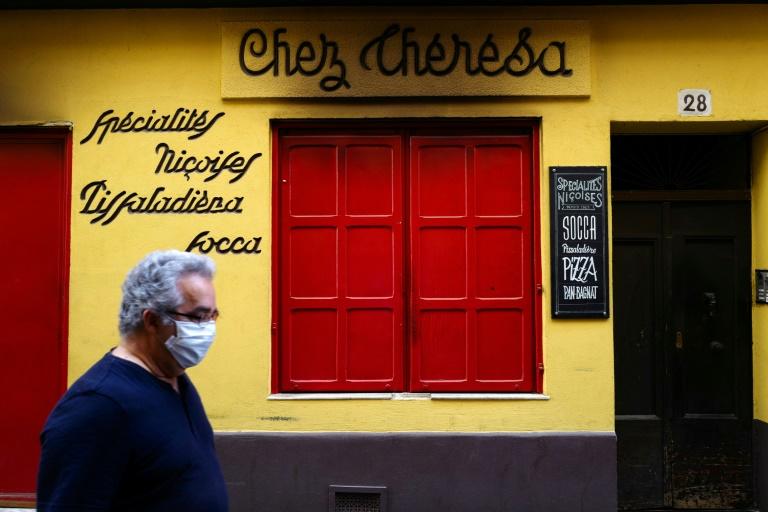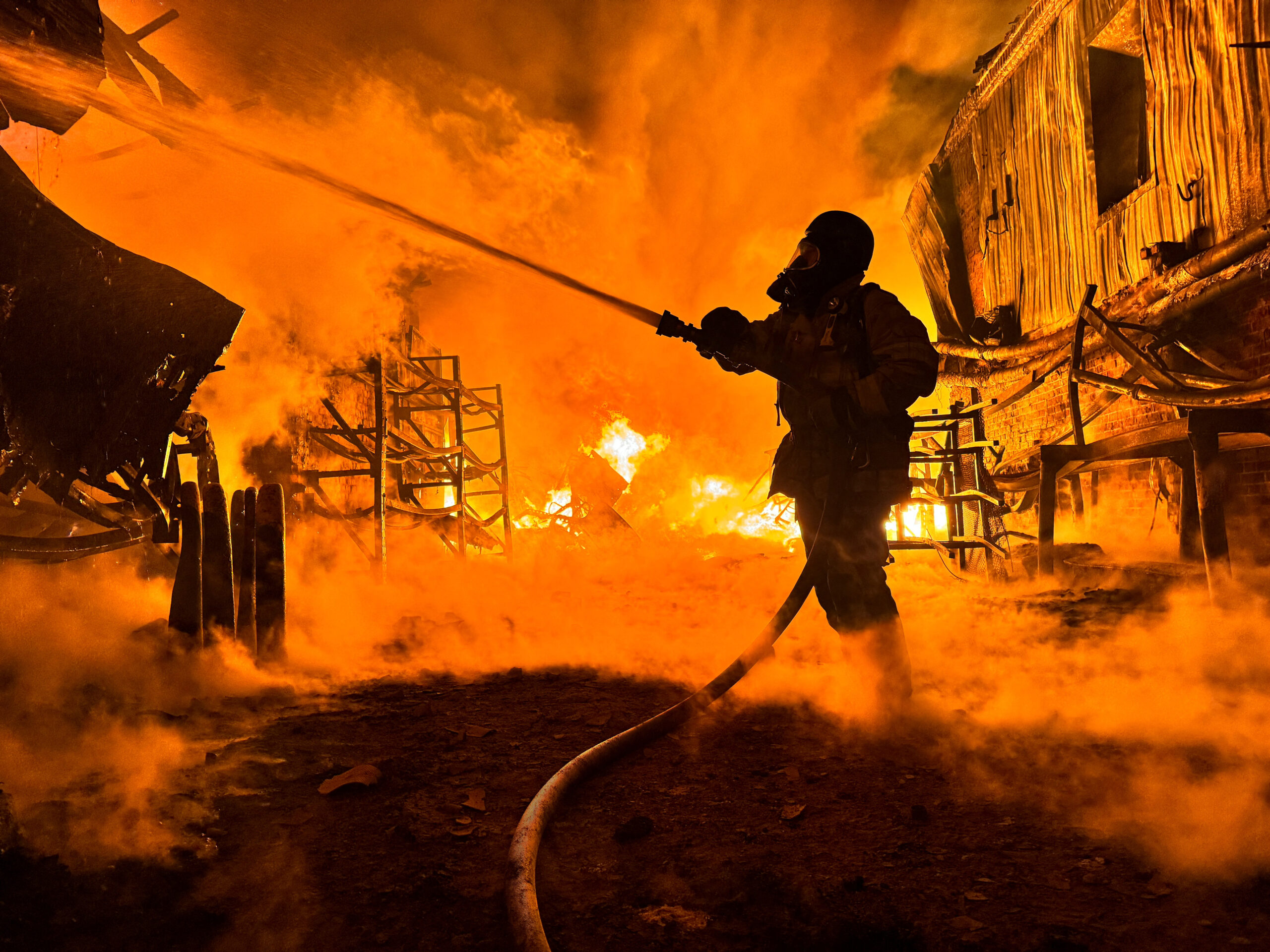Europe prepares to reopen despite fears of virus second wave
 Masks will be compulsory on public transport in France and regions will reopen according to the seriousness of their outbreaks (AFP Photo/VALERY HACHE)
Masks will be compulsory on public transport in France and regions will reopen according to the seriousness of their outbreaks (AFP Photo/VALERY HACHE)Millions of Europeans were preparing for a return to partial normality on Sunday, a day before officials relax some of world’s harshest coronavirus lockdown measures.
But the risk of a deadly second wave was underscored on Sunday by the resurgence of the virus in South Korea’s capital Seoul, where all bars and clubs were shut after dozens of confirmed cases emerged.
And China reported the first infection in over a month on Sunday in Wuhan, the city where the outbreak first started late last year.
With millions out of work and economies flatlining — including in the United States, where 20 million lost their jobs in April — governments are desperate to reopen, but most are choosing a gradual approach.
In France, hair salons, clothes shops, florists and bookshops will open again Monday but bars, restaurants, theatres and cinemas remain closed.
Half of Spain’s 47 million people will be able to meet family or friends in gatherings of up to 10 and bars and restaurants with outdoor space can reopen.
European officials have been emboldened by declining death rates — France’s toll of 80 on Saturday was its lowest since early April and Spain’s daily fatalities have dropped below 200.
– Bustling bazaars –
For Gaelle Cathou, who like tens of thousands of others had chosen to desert the French capital at the start of the lockdown, it is time to return to Paris.
“I’m happy to find my home and my bearings again,” she told AFP. “But I’m a bit apprehensive because it’s going to be a new life.”
In Spain, about half the population will be allowed out on Monday and restaurants will be able to offer some outdoor service, but people in urban hotspots like Madrid and Barcelona will remain under lockdown.
Belgium, Germany and Greece are among other European nations set to ease their lockdowns on Monday.
“Tomorrow, the schools reopen for us but I won’t go,” 17-year-old Greek Anastasia Kyriazis told AFP, explaining that there were only a few weeks of class left before exams. “Most of the pupils I know won’t go… I prefer to stay home and study.”
The Middle East’s most-affected country, Iran, has also relaxed its lockdown measures and bazaars and shopping centres in the capital Tehran were bustling again after being nearly deserted for weeks — much to the annoyance of some.
“All these customers coming in will endanger our lives — us who are forced to come” to work, 22-year-old shopkeeper Milad told AFP.
Health ministry spokesman Kianoush Jahanpour warned the situation “should in no way be considered normal”, as some regions recorded spiking death rates and reimposed lockdowns.
Underlining the uncertainty, at least one district in Germany was forced to reimpose restrictions on Saturday after an outbreak at a meat processing plant.
British officials are reportedly considering a mandatory 14-day quarantine for international arrivals when they announce plans to exit their lockdown later on Sunday.
– Jet-skiing president –
But as some of the hardest-hit countries prepare to relax their restrictions, other global hotspots are emerging, Russia and Brazil both passing grim milestones on Sunday.
Russia’s caseload surpassed 200,000 and is expected to become the highest figure in Europe within days, but officials say it shows the effectiveness of Russia’s testing regime rather than the severity of the outbreak.
The number of deaths in Russia remains relatively low at just over 1,900.
For Brazil, the signs are more ominous.
Officials confirmed more than 10,000 had now died in the hardest-hit Latin American country but scientists warn that the real figures could be many times higher, given the lack of widespread testing.
In a sign that officials are not yet facing up to the crisis, President Jair Bolsonaro, who has likened the coronavirus to a “little flu”, was reportedly seen jet skiing.
– ‘Absolute chaotic disaster’ –
Brazil is among those countries whose economies have been paralysed by the pandemic — the International Monetary Fund (IMF) predicting a 5.3 percent contraction in output this year.
Bolsonaro ally President Donald Trump has repeatedly called for the economy to be reopened even as the virus is still claiming well over 1,000 lives daily in the US.
The disease has also moved into the White House inner circle, with the government’s top disease expert Anthony Fauci reportedly intending to self-isolate after possible exposure to an infected White House aide.
Trump has faced sharp criticism from his predecessor Barack Obama, who said in a leaked tape that Trump’s handling of the crisis was an “absolute chaotic disaster”.
Small anti-lockdown protests have meanwhile swept the globe with some demonstrators arguing that such restrictions violate their rights and others promoting conspiracy theories about the pandemic.
Ten people were arrested and a police officer injured in the Australian city of Melbourne on Sunday in the latest such protest, where around 150 people gathered to demand an end to the shutdown.
Participants were promoting conspiracy theories including linking the 5G mobile network to the disease.
Australian chief medical officer Brendan Murphy said there was “a lot of very silly misinformation out there”, adding: “It is complete nonsense. 5G has got nothing at all to do with coronavirus.”
SOURCE: AFP










